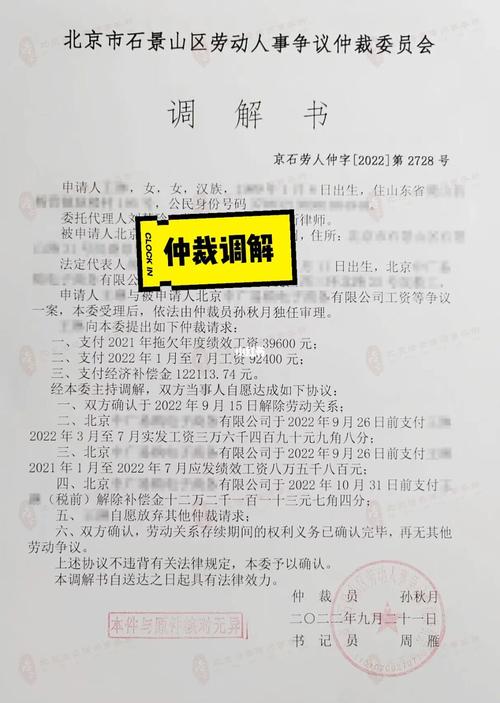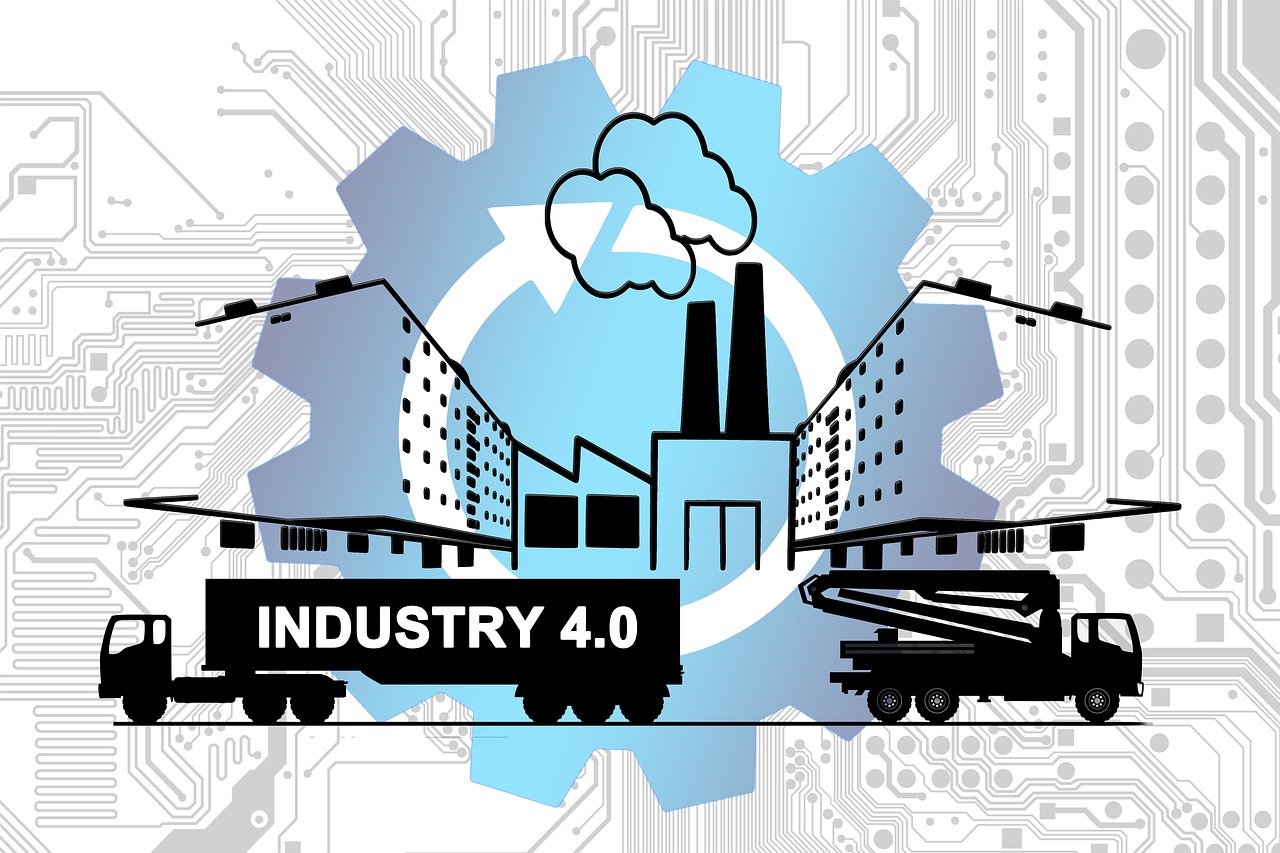石景山区劳动仲裁咨询热线
Title: Understanding Labor Laws in Shijingshan District
In the Shijingshan District of Beijing, labor laws play a crucial role in regulating the relationship between employers and employees, ensuring fair treatment and protection of rights. Understanding these laws is essential for both employers and employees to maintain a harmonious and lawful working environment. Let's delve into the key aspects of labor laws in Shijingshan District:
Overview of Labor Laws in Shijingshan District
1.
Employment Contracts
: According to Chinese labor laws, employers are required to provide written employment contracts to their employees. These contracts should clearly outline the terms and conditions of employment, including job responsibilities, working hours, wages, benefits, and termination procedures.
2.
Working Hours and Overtime
: The standard working hours in China are 8 hours per day and 40 hours per week. Any work beyond this is considered overtime and should be compensated accordingly. In Shijingshan District, employers must adhere to these regulations and ensure that employees receive proper compensation for overtime work.3.
Minimum Wage
: Shijingshan District, like other areas in China, sets a minimum wage that employers must comply with. This minimum wage is periodically reviewed and adjusted to ensure it meets the basic living needs of employees.4.
Social Insurance and Benefits
: Employers in Shijingshan District are required to contribute to social insurance schemes for their employees, including pension, medical insurance, unemployment insurance, workrelated injury insurance, and maternity insurance. These contributions are mandatory and help provide financial protection to employees in various situations.5.
Workplace Safety and Health
: Employers have a legal obligation to provide a safe and healthy working environment for their employees. This includes implementing safety measures, providing necessary training, and addressing any potential hazards in the workplace.Compliance and Enforcement
1.
Government Oversight
: The labor authorities in Shijingshan District are responsible for enforcing labor laws and regulations. They conduct inspections, investigate complaints, and take action against employers who violate labor laws.2.
Employee Rights
: Employees have the right to file complaints or seek legal recourse if they believe their rights have been violated. They can seek assistance from labor unions or legal organizations to protect their interests.Recommendations for Employers
1.
Compliance
: Employers should familiarize themselves with labor laws and ensure compliance with all relevant regulations. This includes maintaining accurate employment records, providing proper documentation, and adhering to minimum wage and working hour requirements.2.
Employee Communication
: Open and transparent communication with employees is essential. Employers should clearly communicate employment terms, policies, and any changes that may affect the workforce.3.
Investing in Workplace Safety
: Prioritizing workplace safety not only ensures compliance with the law but also enhances productivity and employee morale. Employers should invest in safety measures, training, and regular inspections to create a safe working environment.4.
Seeking Legal Advice
: In complex legal matters or when unsure about specific regulations, employers should seek legal advice to ensure compliance and mitigate risks.Conclusion
Understanding labor laws in Shijingshan District is vital for both employers and employees to navigate the complexities of the workplace effectively. By adhering to these laws, employers can create a fair and lawful working environment, while employees can protect their rights and interests. Compliance with labor laws not only fosters a positive work culture but also contributes to the overall wellbeing of the workforce and the community.
I've provided a comprehensive overview of labor laws in Shijingshan District, covering key aspects such as employment contracts, working hours, minimum wage, social insurance, workplace safety, compliance, and recommendations for employers. Let me know if you need further details or have any specific questions!











